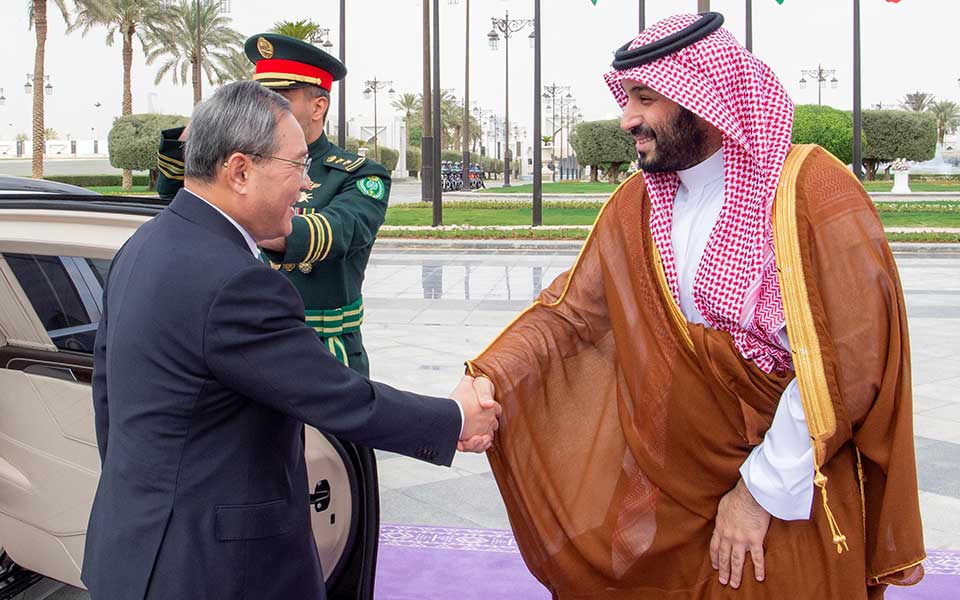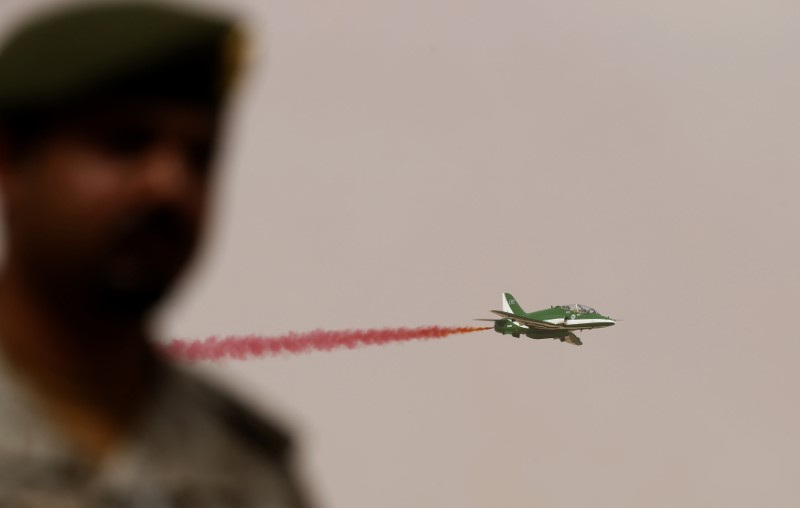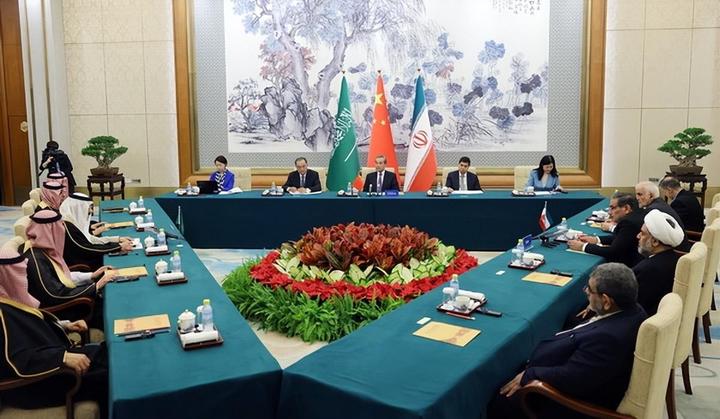
Ghulam Ali, Deputy Director, Hong Kong Research Center for Asian Studies
Oct 18, 2024
The trajectory of cultural cooperation and people-to-people exchanges over the past year points to a promising future. Deeper understanding supports their ever-expanding, multifaceted relationship.

Ghulam Ali, Deputy Director, Hong Kong Research Center for Asian Studies
Aug 16, 2024
The emerging defense pact with the United States, will be a decisive moment for Saudi Arabia and for broader Middle Eastern politics. Until it is ratified, the kingdom will likely strive to maintain defense partnerships with both the U.S. and China.
Ted Galen Carpenter, Senior Fellow, Randolph Bourne Institute
Jun 16, 2023
Several countries are making attempts to play the role of mediator to reduce dangerous tensions in various regions. The United States and its closest allies have greeted such efforts with undisguised or barely concealed hostility. Such an attitude not only is unhelpful and counterproductive, it will further isolate the West in the international community.

Lucio Blanco Pitlo III, President of Philippine Association for Chinese Studies, and Research Fellow at Asia-Pacific Pathways to Progress Foundation
Apr 26, 2023
China has upped its international statesmanship, making waves by playing the middleman to a historic Iran-Saudi Arabia agreement. Working with other countries like India and Turkey, Beijing’s economic and diplomatic leverage can be a factor in bringing Russia and Ukraine to the negotiating table.

Sebastian Contin Trillo-Figueroa, Geopolitics Analyst in EU-Asia Relations and AsiaGlobal Fellow, The University of Hong Kong
Apr 18, 2023
The Butterfly Effect has taken flight. China’s diplomatic accomplishment in reconciling Saudi Arabia and Iran could have far-reaching consequences, with Ukraine’s future caught in its wake. The unexpected nature of this historic move means that its ramifications are rapidly gaining momentum and could unleash a tidal wave of global proportions, particularly in Europe.
James Hinote, Geopolitical Strategist
Jan 11, 2023
President Xi Jinping’s recent visit to Saudi Arabia seeks to disrupt the U.S.’ influence in the region and deepen relationships with one of the largest oil exporting countries in the world, with the signing of multiple agreements. Each move put more pressure on the U.S. to reevaluate its relationship with Saudi Arabia.
He Wenping, Senior Research Fellow, Charhar Institute and West Asia and Africa Studies Institute of the China Academy of Social Sciences
Oct 31, 2022
The United States has complained bitterly about the recent OPEC announcement of a cut in oil production, which was seen as providing indirect aid to Russia and as a slap in the face to U.S. President Joe Biden. But U.S. complaints have been met with a sharp backlash from Saudi Arabia as it looks eastward.
Jin Liangxiang, Senior Research Fellow, Shanghai Institute of Int'l Studies
Aug 29, 2022
The failure of the U.S. president’s Mideast visit in July can be attributed largely to insensitivity over the legitimate concerns of GCC countries. It’s yet another example of America’s long-standing pattern of pushing for its own agenda at the expense of others’ dignity.
Wang Zhen, Research Professor, Shanghai Academy of Social Sciences
Jul 27, 2022
President Joe Biden’s trip didn’t measure up to expectations. That’s because America’s hegemony in the region is not what it used to be. If the Biden administration had recognized this early, U.S. diplomacy would have been more rewarding.
Yang Wenjing, Research Professor, Institute of American Studies, CICIR
Jul 27, 2022
Locked in a mindset of great power competition, the U.S. president has been trying to find a new balance. Decades of military involvement in the region not only cost the U.S. dearly but also provoked a sort of psychological fatigue.